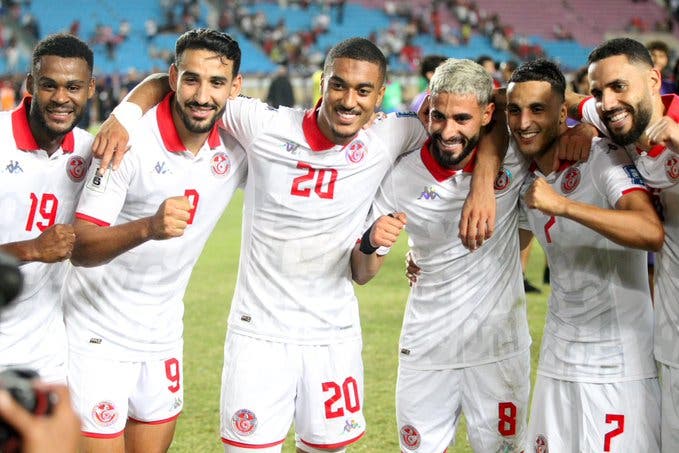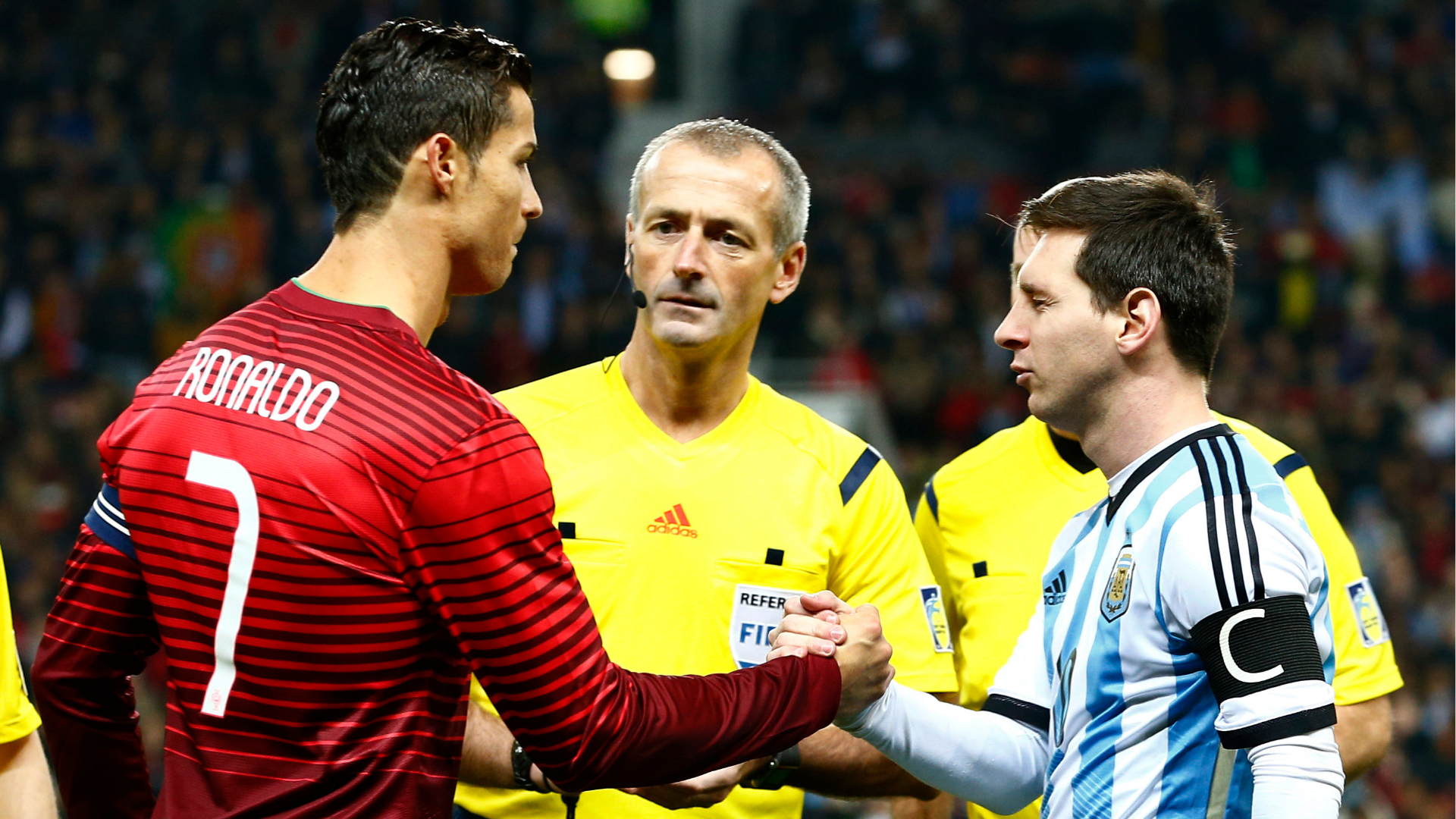- Home >
- Soccer >
- CAF World Cup Qualifiers >
- This African Nation Has Already Qualified for the 2026 World Cup: Find Out Who
This African Nation Has Already Qualified for the 2026 World Cup: Find Out Who
The African Qualifiers for the 2026 World Cup continue to deliver drama, and another team has officially booked its ticket to North America. With a dramatic late winner, Tunisia became the second African representative to secure qualification, joining Morocco on the list of nations heading to the tournament.
The Carthage Eagles have shown consistency throughout their campaign, posting numbers that underline their ambition to leave a mark at the expanded 2026 World Cup.
How did Tunisia secure qualification?
The hero of the night was Mohamed Ali Ben Romdhane, who scored a decisive goal in the 94th minute to give Tunisia a 1-0 victory over Equatorial Guinea. That strike not only sealed the three points but also confirmed Tunisia’s seventh appearance at a World Cup finals.
Under manager Sami Trabelsi, Tunisia has dominated Group H with 22 points from seven wins and just one draw (0-0 against Namibia). Along the way, they left behind teams such as São Tomé and Príncipe, Malawi, Equatorial Guinea, Namibia, and Liberia, proving their strength and consistency in the qualification phase.
Which teams have already qualified for the 2026 World Cup?
With Tunisia now confirmed, 18 nations have booked their place at the World Cup:
- Hosts: United States, Mexico, and Canada
- South America: Argentina, Brazil, Ecuador, Uruguay, Paraguay, and Colombia
- Asia: Japan, Iran, Uzbekistan, South Korea, Jordan, and Australia
- Oceania: New Zealand
- Africa: Morocco and Tunisia

What does this mean for Tunisia?
The 2026 tournament will mark Tunisia’s seventh World Cup appearance, consolidating their status as one of Africa’s most competitive sides. Clinching qualification with a stoppage-time goal reflects the resilience and fighting spirit of a team that never gives up.
With Morocco and Tunisia already locked in, Africa is beginning to shape its contingent for what will be a historic World Cup — the first to feature 48 teams and to be hosted across three different countries.

















